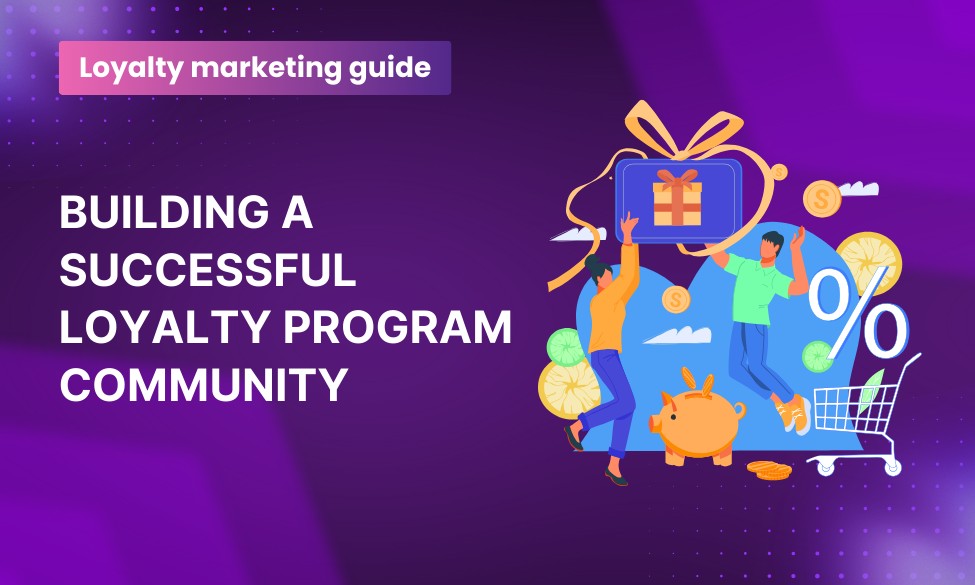Running a business teaches you things no textbook or seminar ever could. It’s a crash course in reality, where theory meets practice and assumptions are tested daily. You learn quickly that entrepreneurship isn’t just about having a great idea—it’s about execution, resilience, and the ability to navigate uncertainty with clarity and grit. The lessons are often subtle, sometimes painful, but always transformative. They shape not just how you work, but how you think, lead, and grow.
One of the first things you learn is that control is an illusion. No matter how carefully you plan, things will go wrong. Markets shift, customers change their minds, and unexpected challenges appear out of nowhere. Running a business forces you to become comfortable with ambiguity. You stop chasing perfection and start focusing on adaptability. You learn to make decisions with incomplete information, to pivot when necessary, and to trust your instincts without ignoring the data. This ability to stay grounded while adjusting course is one of the most valuable skills a business owner develops.
You also learn the true meaning of responsibility. When you run a business, every decision carries weight. You’re responsible not just for your own livelihood, but often for your team, your customers, and your partners. That sense of accountability sharpens your judgment. You begin to think beyond short-term wins and consider long-term consequences. You learn to balance risk with reward, ambition with ethics, and growth with sustainability. It’s not about being perfect—it’s about being thoughtful, consistent, and willing to own your choices.
Running a business teaches you how to manage people—not just in terms of tasks, but in terms of motivation, communication, and trust. You learn that leadership isn’t about giving orders—it’s about creating clarity, offering support, and setting the tone. You discover that every person brings their own strengths, challenges, and perspectives, and that your job is to help them thrive. This requires empathy, patience, and a willingness to listen. It also requires the courage to have difficult conversations, to set boundaries, and to make tough calls when necessary. The human side of business is often the most complex, but it’s also the most rewarding.
You learn how to sell—not just products or services, but ideas, vision, and value. Selling becomes less about persuasion and more about connection. You realize that people buy from those they trust, and that trust is built through consistency, transparency, and genuine care. Whether you’re pitching to investors, negotiating with suppliers, or engaging with customers, you learn to communicate clearly, listen actively, and solve problems collaboratively. Sales isn’t a department—it’s a mindset, one that permeates every aspect of the business.
Financial literacy becomes non-negotiable. You learn to read balance sheets, track cash flow, and understand margins. You stop thinking in terms of revenue alone and start focusing on profitability, sustainability, and return on investment. You realize that growth without financial discipline is a recipe for disaster. Budgeting, forecasting, and managing expenses become daily habits, not annual exercises. You learn to make decisions based on numbers, not just intuition, and to use financial data as a tool for strategy rather than just compliance.
You also learn how to fail. No matter how skilled or prepared you are, setbacks are inevitable. A campaign flops, a deal falls through, or a product doesn’t resonate. These moments are humbling, but they’re also instructive. You learn to separate your identity from your outcomes, to view failure as feedback rather than defeat. You become more resilient, more resourceful, and more willing to take calculated risks. Failure stops being something to fear and starts being something to learn from. It becomes part of the process, not the end of it.
Time management takes on a whole new meaning. When you run a business, your time is your most valuable resource. You learn to prioritize ruthlessly, to delegate effectively, and to protect your focus. You stop chasing every opportunity and start choosing the ones that align with your goals. You realize that saying no is often more powerful than saying yes, and that clarity of purpose is the key to productivity. Time becomes not just a schedule, but a strategy.
Perhaps most importantly, running a business teaches you about yourself. It reveals your strengths, exposes your blind spots, and challenges your assumptions. You learn what drives you, what drains you, and what you truly value. You discover how you respond under pressure, how you handle success, and how you grow through adversity. The journey is as much personal as it is professional. It’s not just about building something external—it’s about becoming someone capable of leading, creating, and enduring.
In the end, what you really learn from running a business is that growth is never linear, success is never guaranteed, and the process is always evolving. You learn that the most important assets aren’t found on a balance sheet—they’re found in your mindset, your relationships, and your ability to keep moving forward. It’s a journey that demands everything, but gives back even more. And for those willing to embrace the lessons, it becomes one of the most transformative experiences of their lives.





